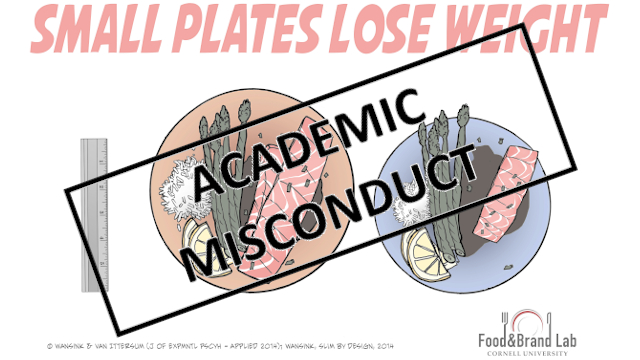Nudge theory

Nudge theory rose to prominence with the publication of Richard Thaler and Cass Sunstein’s 2008 book Nudge: Improving Decisions About Health, Wealth, and Happiness. According to Wikipedia:
Nudge theory (or nudge) is a concept in behavioural science, political theory and economics which proposes positive reinforcement and indirect suggestions to try to achieve non-forced compliance to influence the motives, incentives and decision making of groups and individuals.
In 2010, David Cameron, then Prime Minister of the United Kingdom, established a “nudge unit” in the Cabinet Office with the aim of using nudge theory to improve government policy and services and deliver cost savings. Known formally as the Behavioural Insights Team, the unit took advice from Richard Thaler, co-author of the Nudge book. Stimulated by the UK nudge unit, governments in the United States and Australia have similarly adopted nudge theory.
However, the approach is increasingly being criticised, with the evidence base showing a high failure rate.
This ongoing series offers a range of perspectives in regard to nudge theory and its application.
Header image source: Neuroethics at the Core, CC BY-NC-SA 2.5 CA.











